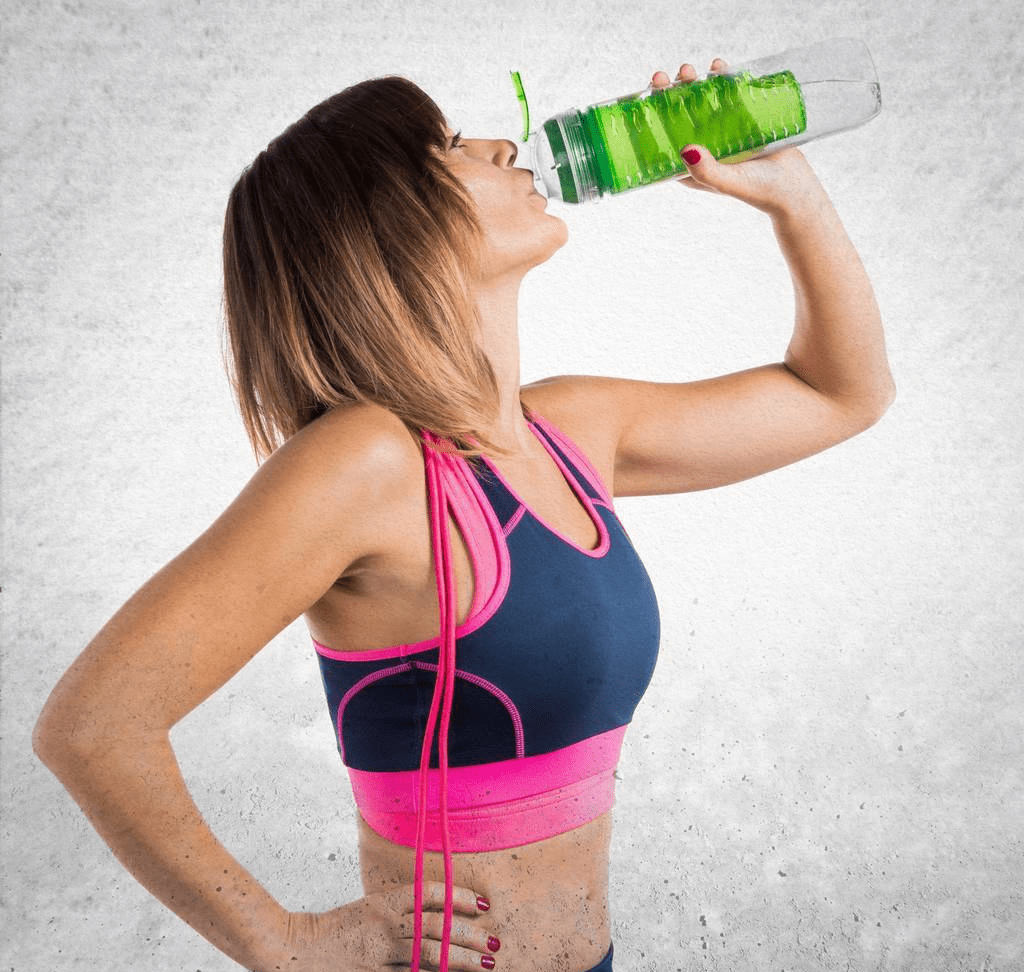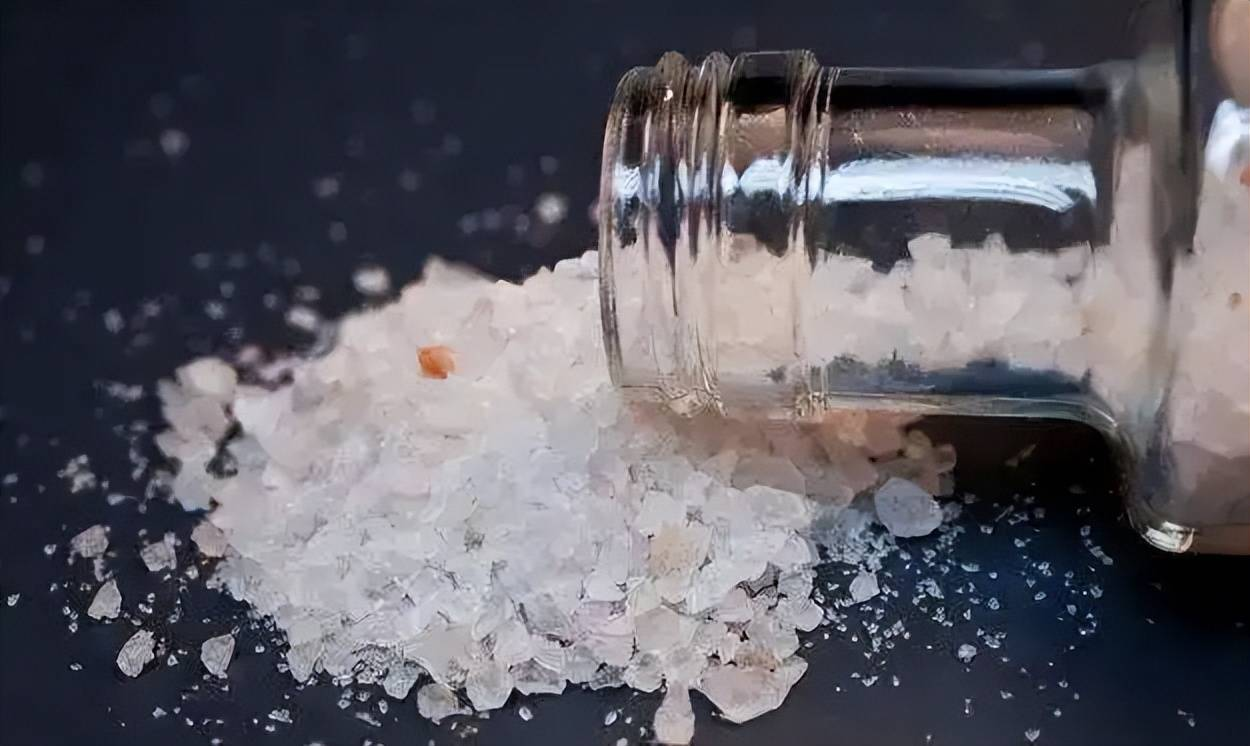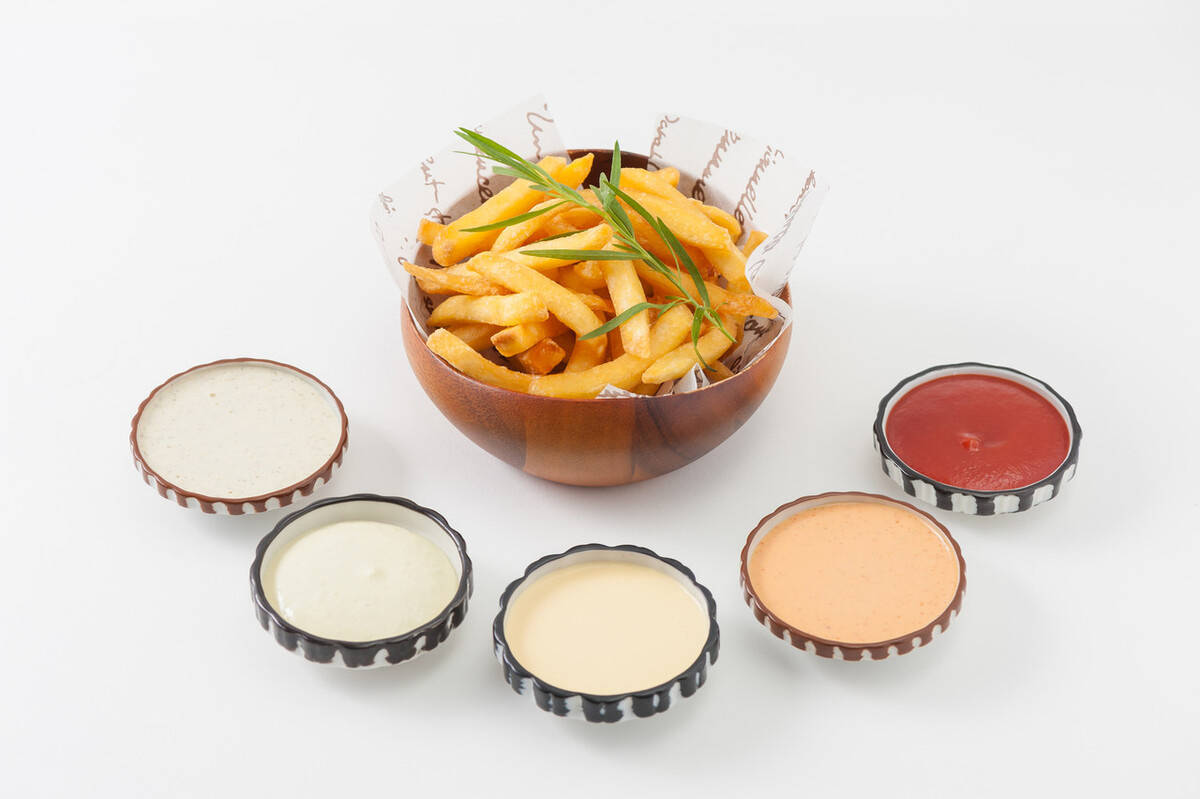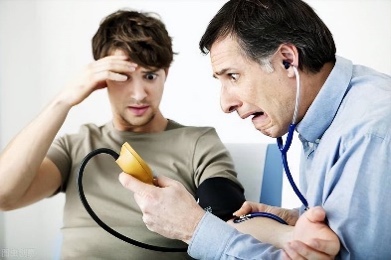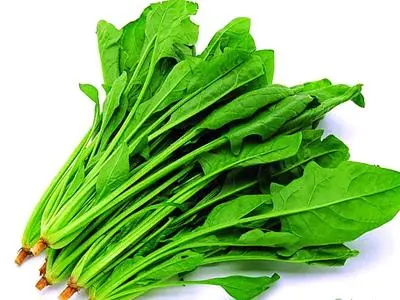Women in their physiological period can often hear to drink more hot water, this is because boiling water is water heated to 100°C boiling at high temperature, the bacteria in the water placed at high temperature will be killed, and hot water can warm the stomach and relieve the body of the tired state. However, it is not always good for the body to drink hot water. There is one situation where drinking hot water or plain water can have little effect, and that is after a lot of exercise. At this time the body sweats a lot and loses a lot of water. People may think that it is good to replenish the lost water, but you should know that in addition to water loss, you also lose salt in your body, so after exercise, you will not only feel thirsty, but also tired.
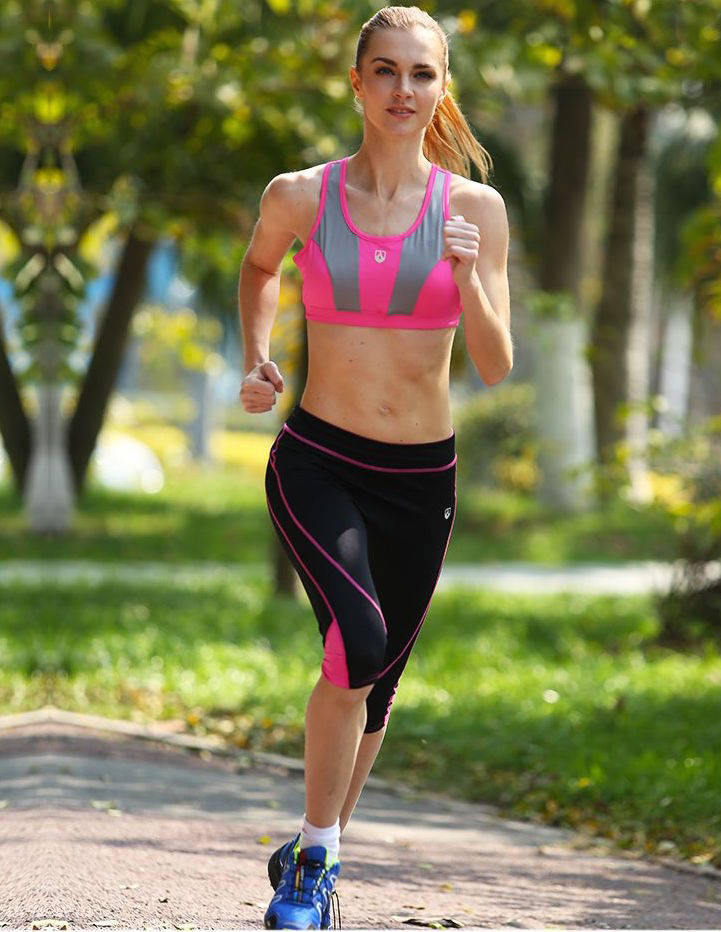
This is because salt contains sodium and chloride ions, which maintain osmolarity and pH balance, and chloride ions are responsible for the use of energy and nutrients. This is why the most important thing to replenish after exercise is actually light salt water. A litre of water should contain 0.1-0.15g of salt, which is about the same amount as dipping a chopstick into the water. For the same reason light salt water can also treat diarrhoea. Diarrhoea also loses a lot of salt and water, so if you go to the doctor too often with diarrhoea, he may give you a few packets of salt to treat it.
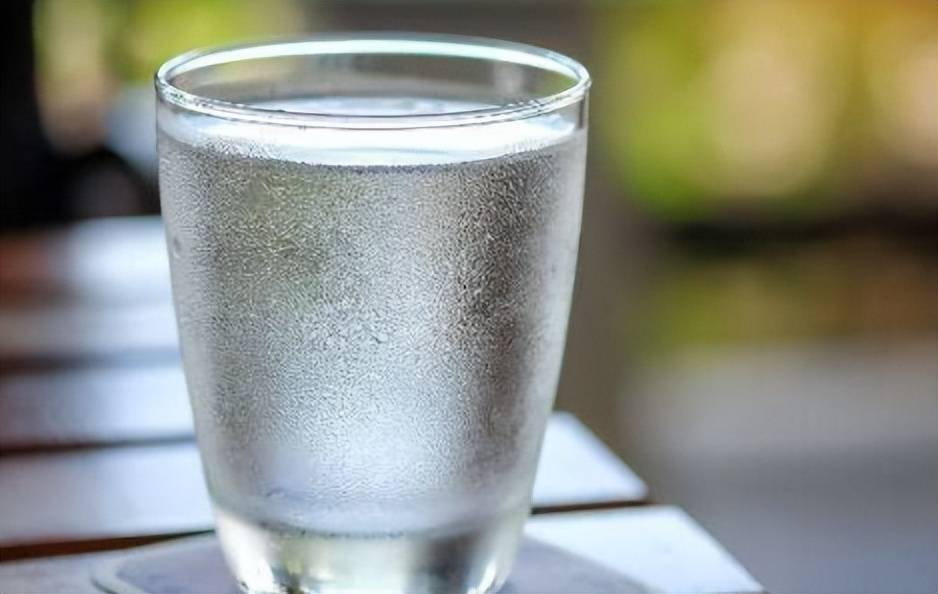
Our sweat contains a certain amount of electrolytes. Sweating not only makes the body lose water, but also electrolytes, so the sodium content in the blood is significantly reduced after exercise, and hyponatremia is easy to occur. This is why you should not only drink plain water, but also take salt water or other sports drinks containing electrolytes. The main purpose of light salt water is to supplement the sodium lost with sweat during exercise and prevent hyponatremia after exercise. Mild hyponatremia includes decreased appetite and muscle weakness, while severe conditions may include nausea, vomiting, dizziness, muscle pain, and muscle cramps. The sodium in the blood helps to retain body fluids, and sodium supplementation can maintain water intake in the body. Light salt water can also increase thirst, so as to ensure that you can actively take in enough water after exercise. But only drinking water will inhibit the feeling of thirst, leading to a reduction in water intake.
So people can prepare some light salt water to drink to rehydrate when exercising and working out or doing more strenuous physical work. Sports drinks are also a good option after returning from exercise. Sports drinks are functional drinks, which usually contain sodium, sugar and other nutrients, and can be quickly absorbed by the body to restore the balance of body fluids, while also replenishing nutrients and relieving physical fatigue.
It should be noted that drinking light salt water is suitable for people who have done a lot of exercise or strenuous exercise. If it is only a small amount of exercise, there is no need to drink light salt water, as well as the elderly, children and people with other chronic diseases. The purpose of sports is to exercise. We should learn more about sports and stick to healthy sports.
